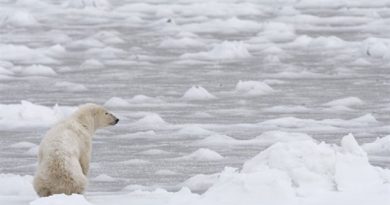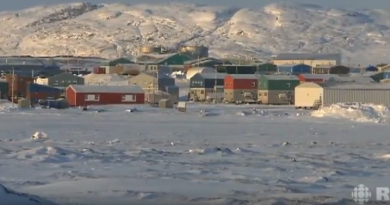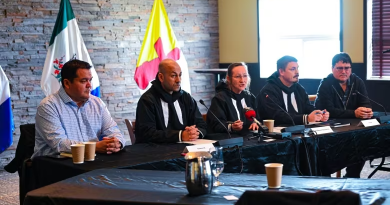Iceland looks towards wind power, establishes working group
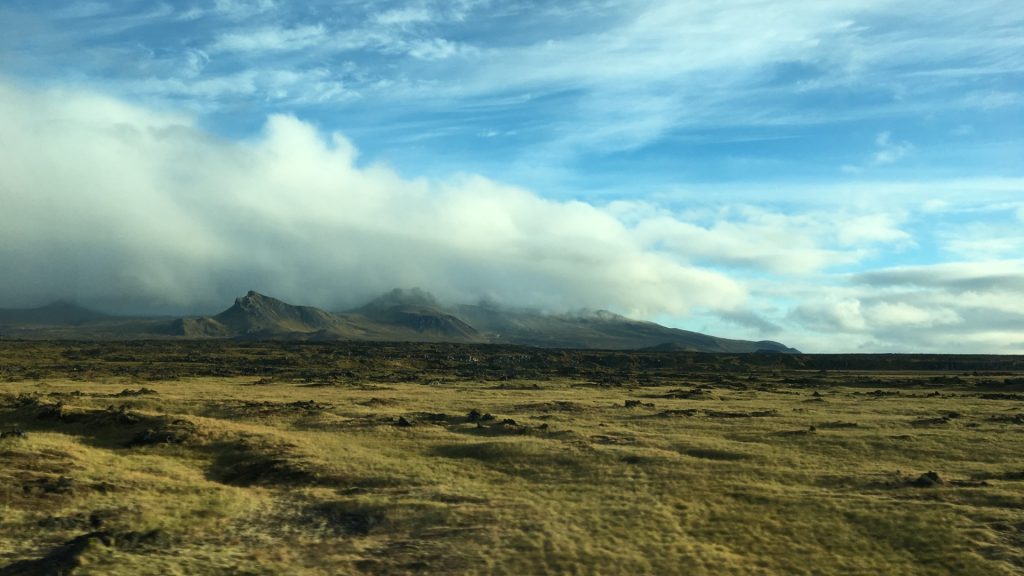
Iceland is looking towards integrating wind power into its grid and has established a working group this week to explore the challenges and opportunities for this kind of power in the country.
“In order to achieve our goals in climate matters, we need to use the wind,” Gudlaugur Thor Thordarson, Iceland’s minister of the Environment, Energy and Climate, said in a statement.
“However, it’s important to reach as broad a consensus on the utilization as possible.”
As the world turns to renewable energy to help combat the climate crisis, wind power has been highly talked up.
However, the reality is that wind farms require enormous tracts of land and in some areas where it has been implemented, it has been shown to have consequences for people and the environment.
In some areas of the Arctic, Sami have reported how the infrastructure has cut off grazing lands and interrupted reindeer migration routes.
Broad consensus sought
Thordarson said the government is well aware of the trade-offs that come with wind power plans and says the working group will explore the issues transparently and that having the broad agreement of Icelanders on such projects will be key.
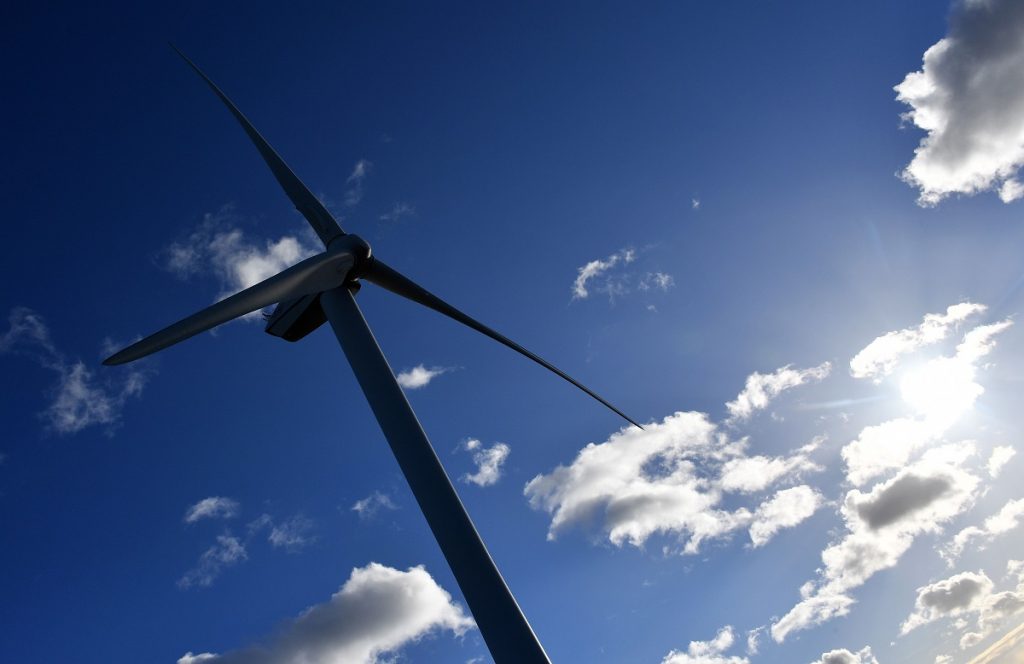
The key areas the working group will be asked to examine:
- Plan for the protection and energy utilization of the areas
- How planning and licensing should work when faced with considerations like nature, birds, tourism or local laws or considerations
- Setting out that wind turbines are mainly to be built in demarcated areas close to substations and transmission lines
- How to reach the broadest possible agreement on the utilization of wind energy among Icelanders
- Involvement of public sector
- The decision-making and licensing process for wind power
- How to charge for energy produced by wind power
-Source: Government of Iceland
Iceland’s overall vision is to build wind turbines in areas that are already close to existing substations and transmission lines in order to minimize the environmental impact.
“It’s important that there’s a broad consensus on the construction of wind farms and that nature, wildlife and the visual effects of it are taken into account,” the government said in a news release.
Studying other countries’ experiences, frameworks
The working group will also be studying current regulatory frameworks in other countries that have integrated wind power into their grids.
“Work has already begun on a legal audit of comparisons of the legal environment for wind farms in several countries,” the government said.
“These are mainly in Norway, Denmark, Scotland and New Zealand, where the conditions for using wind power are similar to those in Iceland.”
Once the working group has finished its examination of the issues, it will prepare a draft bill.
“As in all green energy production, there must be a balance between nature conservation and utilization,” Thordarson said.
“I have high hopes for the work of this group.”
Write to Eilís Quinn at eilis.quinn(at)cbc.ca
Related stories from around the North:
Canada: Tarquti Energy, Hydro-Quebec deal important step towards green energy for Nunavik, Inuit leaders say, Eye on the Arcti
Finland: Lapland among regions not in favour of wind power compensation for eastern Finland, Yle News
Norway: Will the green transition be the new economic motor in the Arctic?, Eye on the Arctic
Sweden: Wind power to be expanded to all of Sweden, Radio Sweden
United States: Alaska’s Northwest Arctic Borough gets $2 million tribal energy grant, Alaska Public Media

